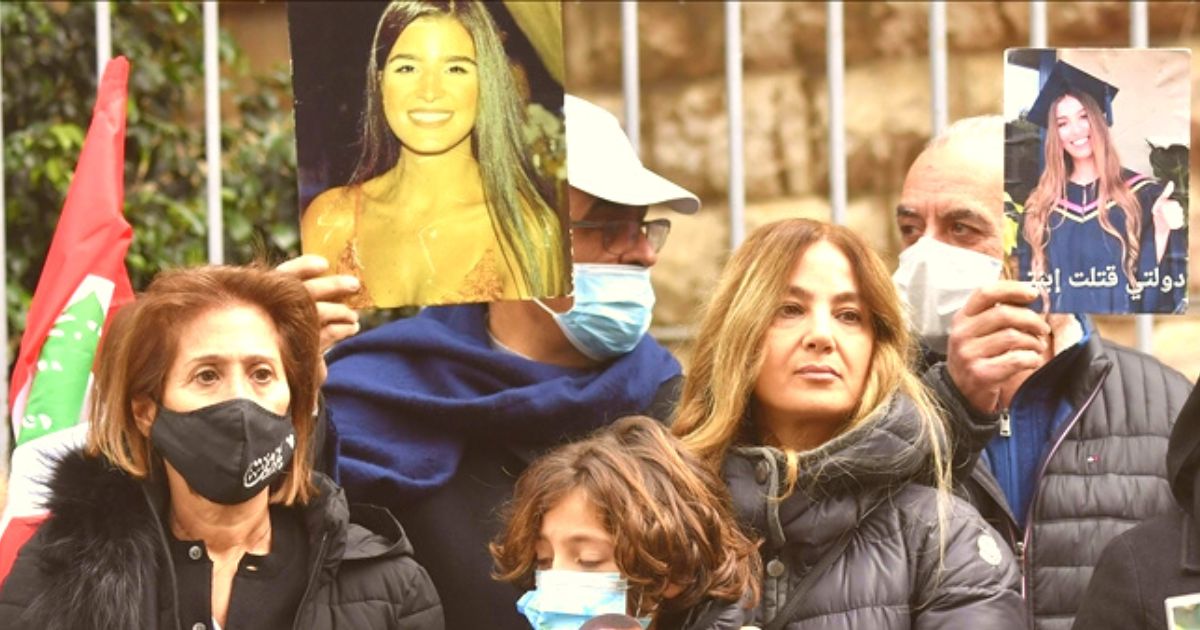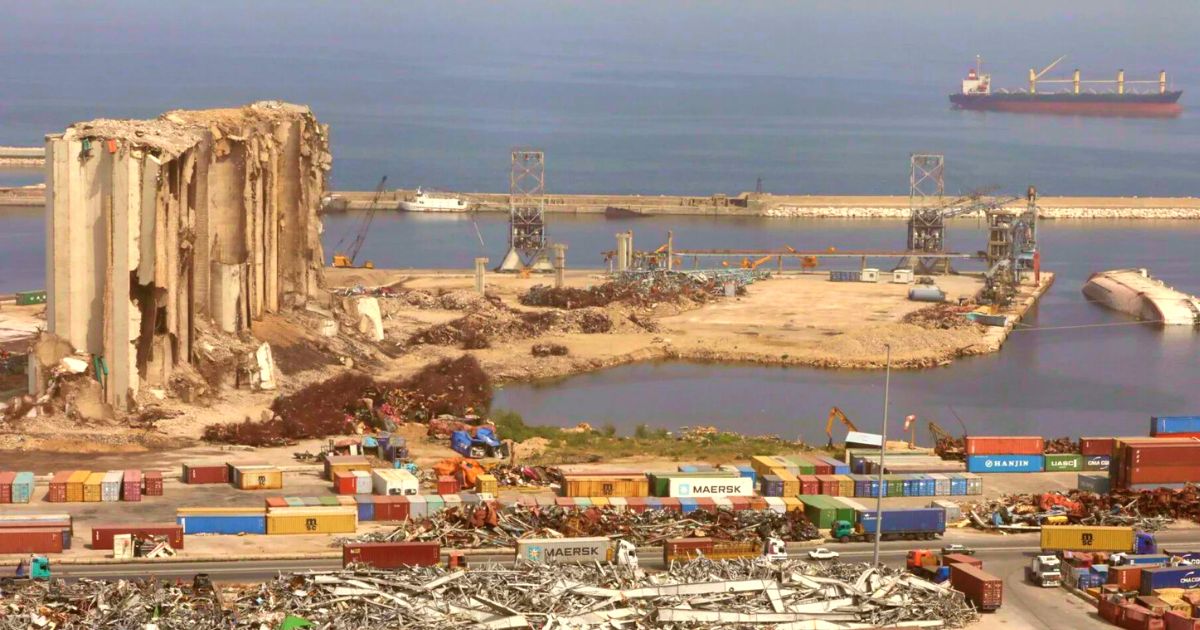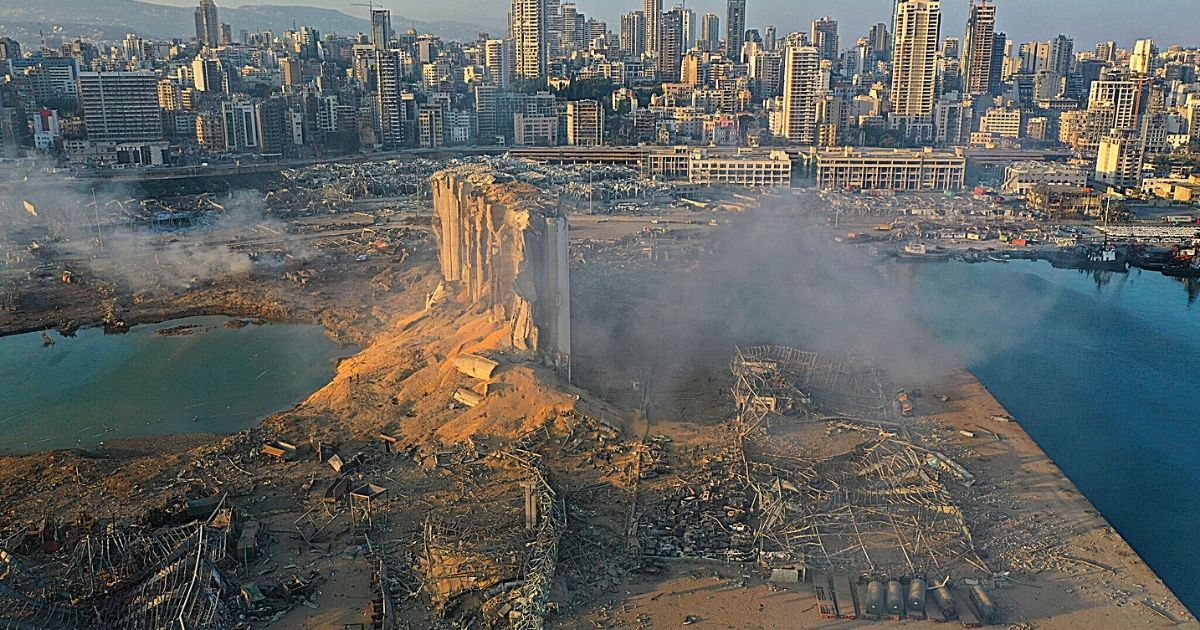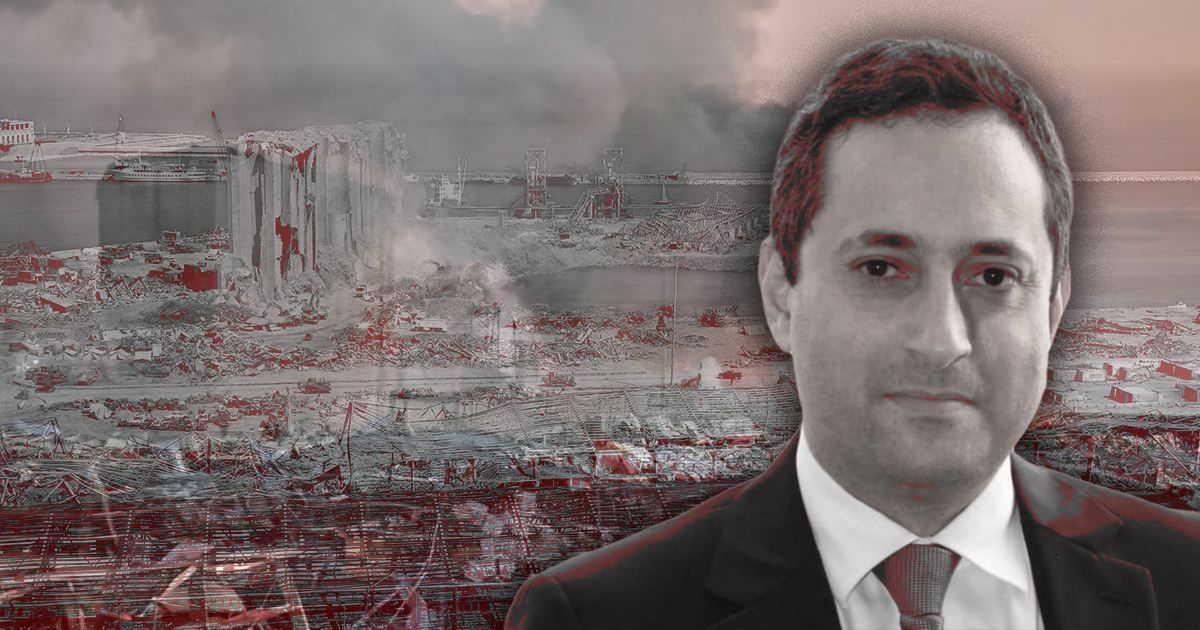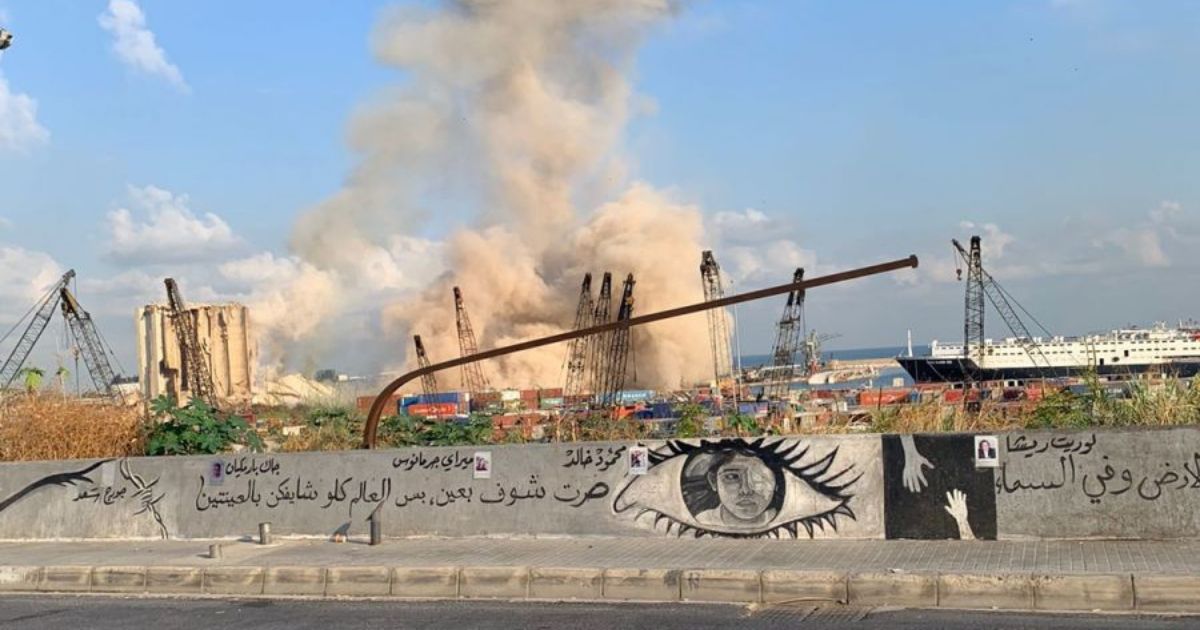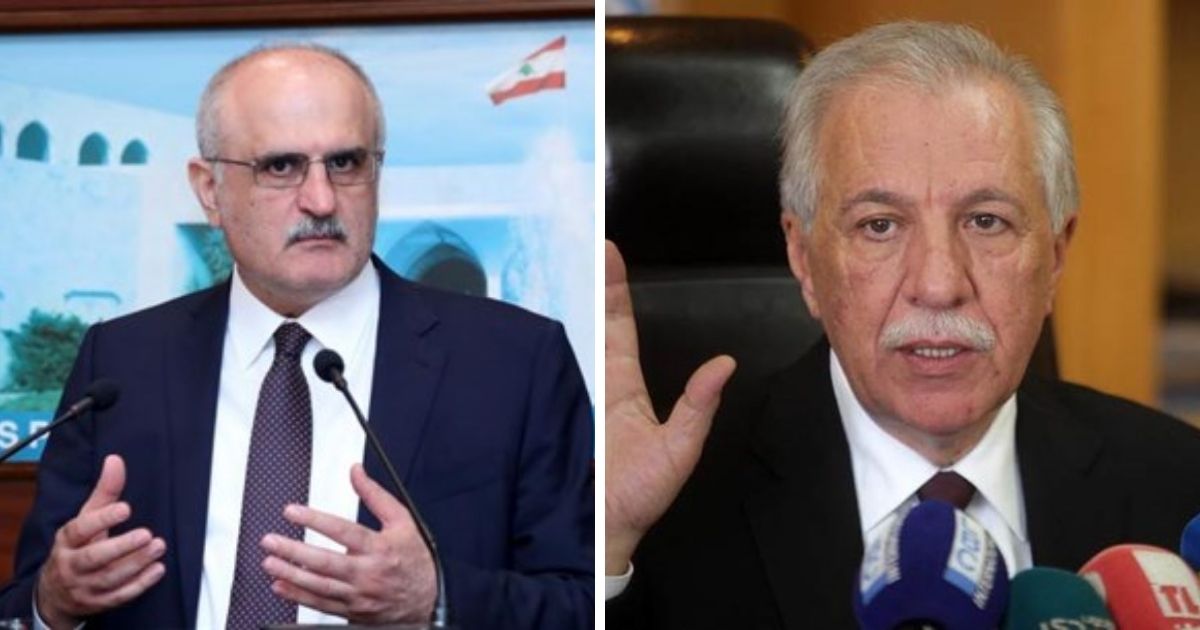Many celebrities and public figures showed their support and solidarity to Beirut last week, shedding light on the terrible explosion that devastated the city.
Kylie Jenner, Dua Lipa, and many more celebrities of massive followership posted about it on social media.
The Dutch-Palestinian American model Bella Hadid posted a heartfelt message in support of Beirut, the city where her father Mohamed Hadid lived as a child before moving to the United States.
“My eyes and heart are crying for you Lebanon,” she wrote on Instagram. “I am sorry you have to endure this kind of disaster, my brothers and sisters.”
She announced that she will be donating to local charities, including the Lebanese Red Cross, and she listed the charities on her Instagram to inspire her fans to donate.
“I will be sending donations to the Lebanese Red Cross, as well as ALL of the smaller organizations in Beirut from the last slide of this post,” she said. The post consists of the following charities:
- Lebanese Red Cross
- Offre Joie
- Impact Lebanon
- Bank to School
- Arc En Ciel
- Bassma
- Sesobel
- Nusaned
She urged her followers to support through these charities to “help Lebanon from within” through these organizations that will “pinpoint what necessities are most needed and where they can be sent.”
In a more recent post, she wrote about a list of international charities she has always supported and “will continue to throughout [her] life”. These are:
- Save the Children
- Preemptive Love
- UNICEF
- International Medical Corps
- Lebanese Food Bank
“I am wrapping you in a golden blanket of light and strength. I see you and support you. I am sorry.”
– Bella Hadid
Other prominent celebrities such as Rima Fakih and her husband Wassim ‘Sal’ Slaiby, the manager of The Weeknd, and Amal and George Clooney also announced they are donating to Lebanese charities.
The Weeknd itself has also stepped up, donating $300,000 to Lebanese NGOs.
In just one week, the immense support Lebanon has received from around the world is astonishing.
It has been heartwarming for the Lebanese people that they are being “seen” and their pleas “heard” and their pain understood; something they long forgot how comforting and reassuring it could be.
The journey to recovery will be long and difficult but Lebanon is no longer alone.




